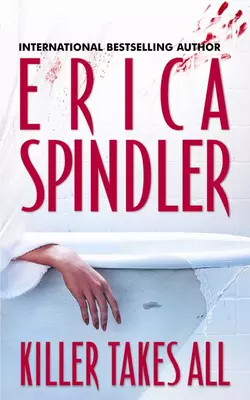Killer Takes All

Erica Spindler
Тип: электронная книга
Жанр: Ужасы
Язык: на английском языке
Стоимость: 382.20 ₽
Статус: В продаже
Издательство: HarperCollins
Дата публикации: 16.04.2024
Отзывы: Пока нет Добавить отзыв
О книге: There’s no escape from this deadly game…When her neighbour Cassie is found brutally murdered, Stacy Killian has reason to believe the death of her friend is related to a cultish role-playing game. The game is dark, violent – and addictive. As a former police officer, Stacy was exposed to more that her share of evil.But working with Spencer Malone, the detective assigned to her friend’s case, Stacy can only watch in horror as the bodies mount. Soon, Stacy and Spencer are trapped in the terrifying world of a game gone mad, where no one is safe. Anyone can die before the game is over and the killer takes all…